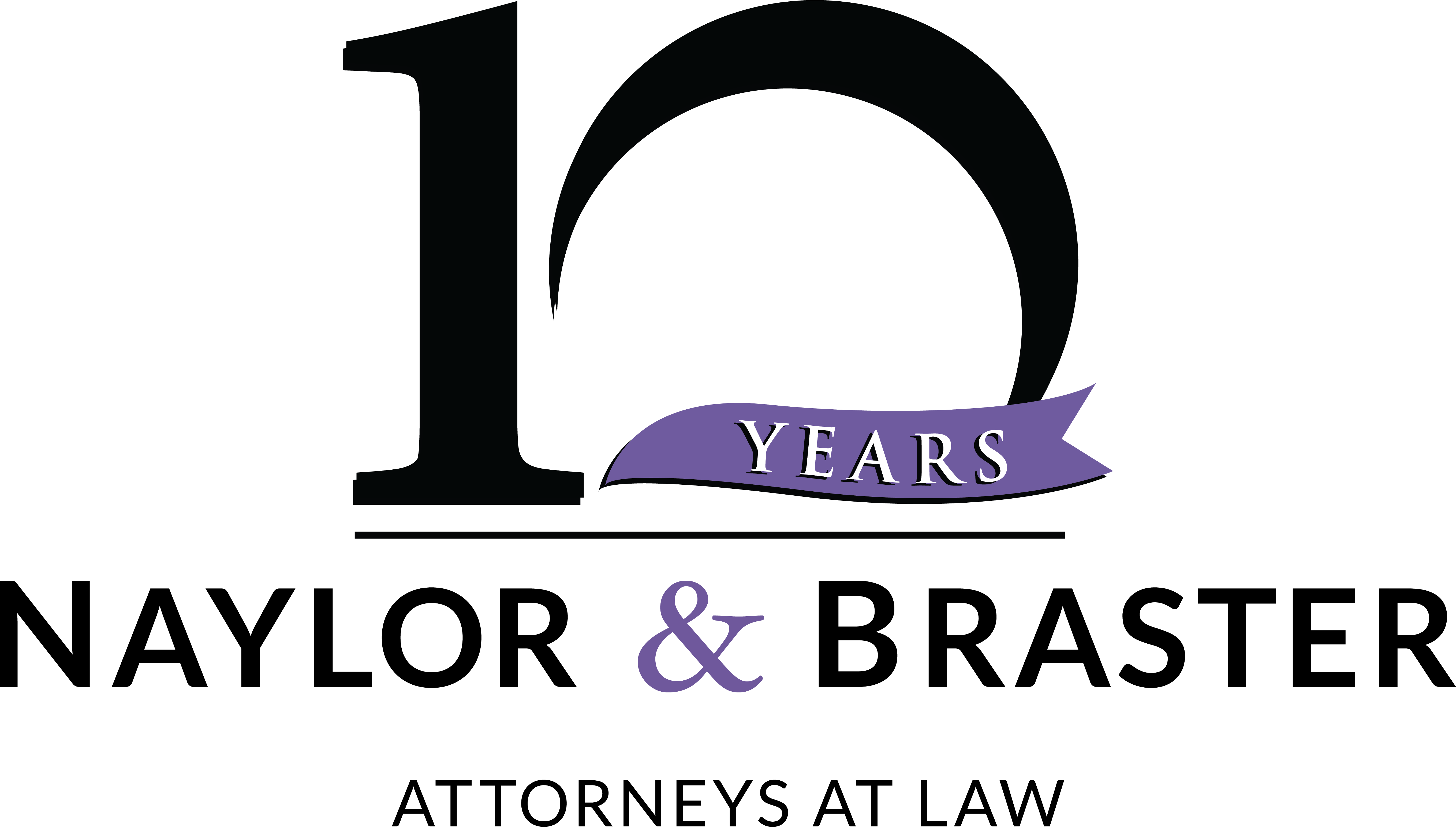BY WILLIAM D. GOREN, ESQ. AND JENNIFER L. BRASTER, ESQ.
It isn’t unusual for business owners to have customers enter their establishments accompanied by dogs wearing service-animal vests. In addition, property managers may likely encounter a potential resident with a service animal wanting to rent an apartment in a “No Pets Allowed” community. What rights and obligations do landlords, business owners and persons with disabilities have in these situations? Legal practitioners must look to both Nevada and federal law for the answers.
As discussed in more detail below, practitioners may need to review NRS Chapters 118, 426, 613, 651, 704, or 706. When it comes to service animals at the federal level, there are three laws to consider:
- The Americans with Disabilities Act (ADA),
- The Fair Housing Act (FHA) and
- The Air Carrier Access Act (ACAA).
The FHA and the ACAA have similar requirements, as both are broader than the ADA.
What Is A Service Animal?
It will not come as a surprise to Nevada practitioners that there is a dearth of Nevada case law regarding the state’s service animal laws. In 2015, the definition of service animal under Nevada law was amended to bring it more in line with that used in federal law. Now, practitioners can look to federal law as persuasive authority. One of the major proponents of the 2015 amendment was the Nevada Resort Association (NRA), which advocated the need to align Nevada law with federal law. The NRA advocated that current Nevada law was broader and allowed individuals to bring other animals that were not trained to assist a person with a disability into casinos, claiming they were service animals. Several other groups lobbied at the time, asserting that people were abusing the service animal laws by claiming their pets were service animals, when those pets were not actually trained to assist or support people with disabilities. Now, pursuant to NRS 426.097, the definition of service animal is essentially the same as the definition under federal law, namely including any dog or miniature horse that is individually trained to do work or perform tasks for the benefit of an individual with a disability. A service animal in training is a dog or miniature horse that is being trained as a service animal. NRS 426.099.
Federal law is similar. However, under federal law, miniature horses are not service animals—only dogs can be service animals—though miniature horses are treated very similarly. See 28 C.F.R. § 36.302(c)(9) and 28 C.F.R. § 35.136(i).
What Can Business Owners Ask of a Person with a Service Animal?
A place of public accommodation cannot refuse admittance to a person who is accompanied by a service animal. Similarly, a common carrier cannot deny service to a person with a service animal. NRS 704.145; NRS 706.366. But, what if the owner of the establishment questions the animal’s status? Under Nevada law, the establishment may ask two questions of the person:
- Is the animal a service animal or service animal in training?; and
- What tasks has the service animal been trained to perform? NRS 651.075.
The establishment cannot inquire any further. However, if the service animal is out of control or poses a threat to others, the establishment can ask the person to remove the service animal. Similarly, if the service animal damages the establishment, the service animal’s owner can be liable.
Federal law is significantly different. More specifically, when it comes to inquiries, 28 C.F.R. § 36.302(c)(6) states that a public accommodation may ask if the animal is required because of a disability and what work or task the animal has been trained to perform. Asking whether an animal is a service animal and what tasks the service animal performs are far narrower questions than those asking whether the animal is required because of a person’s disability and what work or tasks the animal has been trained to perform. A person may or may not know if his or her animal is a service animal, though he or she may certainly believe it to be one. On the other hand, he or she certainly would know if the animal was required because of a disability and what tasks it performs, regardless of whether it is a service animal.
If Nevada law provides a narrower inquiry than what is called for by the federal regulations, a place of public accommodation would be wise to go with the federal approach, since federal law always trumps conflicting state law. Regardless, the Nevada approach doesn’t give the person making the inquiries enough information to answer the critical question: whether the work or tasks performed by the animal are related to disability.
The federal regulations state that a place of public accommodation cannot require documentation, such as proof that the animal has been certified, trained or licensed as a service animal.
Finally, a public accommodation may not make these inquiries about a service animal when it is readily apparent that an animal is trained to do work or perform tasks for an individual with a disability (e.g., the dog is observed guiding an individual who is visually impaired, pulling a person’s wheelchair or providing assistance with balance to an individual with an observable mobility disability).
Notably, in 2005, the Nevada Legislature passed new laws making it a misdemeanor for a person to fraudulently misrepresent an animal as a service animal or service animal in training. NRS 426.805. By contrast, federal law, including but not limited to the ADA, contains no such penalties.
What Must an Employer Do If an Employee Has a Service Animal?
Under Nevada law, it is an unlawful employment practice for an employer to refuse to permit an employee with a disability to keep the employee’s service animal with him or her at the place of employment. NRS 613.330(6). In Clark County Sch. Dist. v. Buchanan, a teacher who trained service animals obtained an injunction allowing her to bring a service dog in training to her classroom every day. 112 Nev. 1146, 924 P.2d 716 (1996). If the employee desires to have a miniature horse with him or her at a place of employment, however, the question becomes whether or not the employer will deem it reasonable to comply, which is determined by analysis of the assessment factors set forth in 28 C.F.R. 36.302(9)(ii). Id.
With respect to federal law, reasonable accommodations for employees would be subject to the requirements of Title I of the ADA (which applies to employers of 15 or more employees). That said, the EEOC has certainly taken a position that service dogs can be a reasonable accommodation, and one such case resulted in a $53,000 settlement. So, on the employment side, a request for a service dog would go through the employer’s usual accommodation processes, including the use of the interactive process. Accordingly, it is conceivable that NRS 613.330(6), previously mentioned, actually goes beyond what the ADA requires, since the ADA interactive process might lead to a result other than a service dog.
What Obligations Do Landlords Have for Renting to a Person with a Service Animal?
For landlords, a person with a disability cannot be denied a rental because of his or her service animal, provided the person can show proof that the animal assists, supports or provides services to that person. Such proof can be shown by a statement from a health care provider that “the animal performs a function that ameliorates the effects of the person’s disability.” NRS 118.105. In representing landlords, caution should be used to ensure the landlord does not require unreasonable proof, as that could be considered to be discrimination against the person with the disability.
With respect to federal law, when it comes to landlordtenant situations, it is the FHA that applies. FHEO Notice-2013-01, issued April 25, 2013, sets forth the requirements for complying with the FHA when it comes to animals helping people with disabilities. Some of the salient points include the following:
- The FHA uses the term “assistance animals” and not service animals. An assistance animal is an animal that works, provides assistance or perform tasks for the benefit of a person with a disability, or provides emotional support that alleviates one or more identified symptoms or effects of a person’s disability;
- Assistance animals are not limited to dogs under the FHA;
- While housing providers may normally require a pet deposit, they may not require applicants or a resident to pay a deposit for an assistance animal;
- Housing providers may ask individuals who have disabilities that are not readily apparent or known to the provider to submit reliable documentation of a disability and or disability-related need for an assistance animal. Further, if the disability is readily apparent or known, but the disability-related need for the assistance animal is not, then the housing provider may ask the individual to provide documentation of the disability-related need for an assistance animal;
- A housing provider may not ask an applicant or tenant to provide access to medical records or medical providers, or provide detailed or extensive information or documentation of a person’s physical or mental impairments;
- A request for reasonable accommodation may not be unreasonably denied, or conditioned on payment of a fee or deposit, or other terms and conditions that apply to applicants or residents with pets, and a response may not be unreasonably delayed.
Nevada law generally tracks federal law, but there are significant differences, only some of which we have covered here.5 Accordingly, when dealing with service animals, the practitioner would do well to pay attention to both applicable Nevada law and to federal law.
This article was originally published in the Nevada Lawyer. To read the full story, visit nvbar.org.




